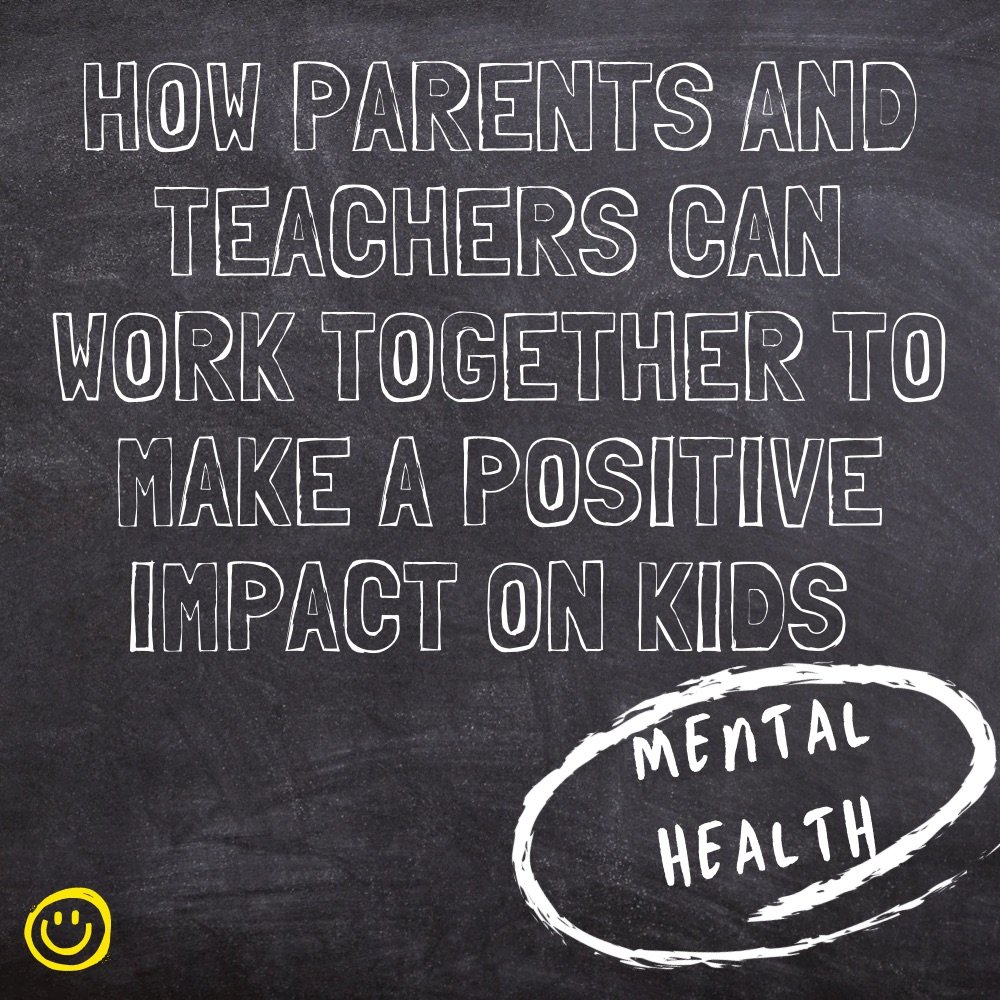
How parents and teachers can work together to make a positive impact on kids mental health
Whether you’re a teacher or a parent, you must remember not to make children passive subjects of your measures. They are likely to be living with their mental or neurological health for the rest of their lives, and it’s important to both their wellbeing and self-esteem that they can gain ownership of their neurology. There needs to be a focus on keeping children involved with your planning and strategies throughout their formative years.
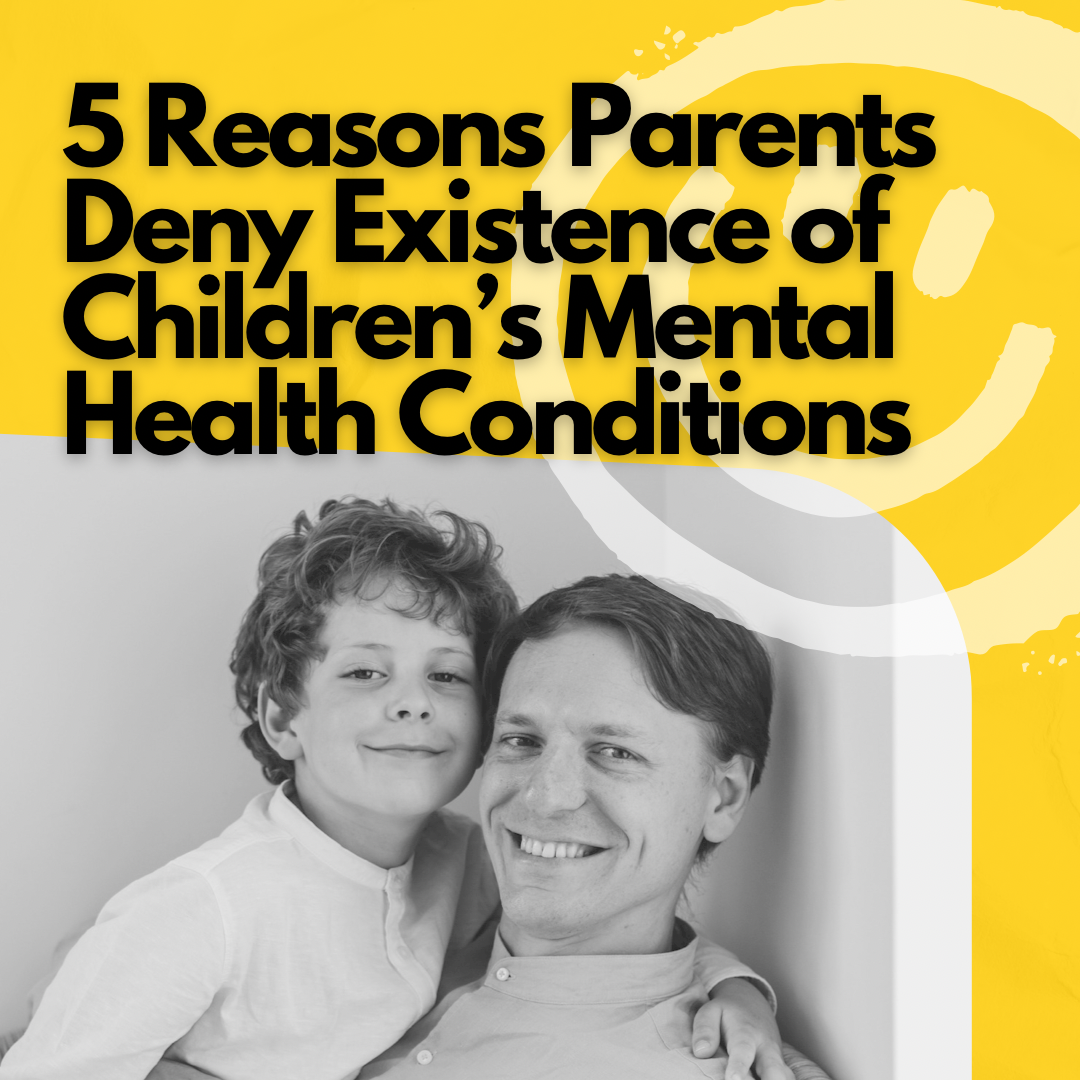
5 Reasons Parents Deny Existence of Children’s Mental Health Conditions
Mental illness is not a roadblock to a successful or fulfilling life. However, an undiagnosed mental illness can stall or steal the opportunity to live your desired life.

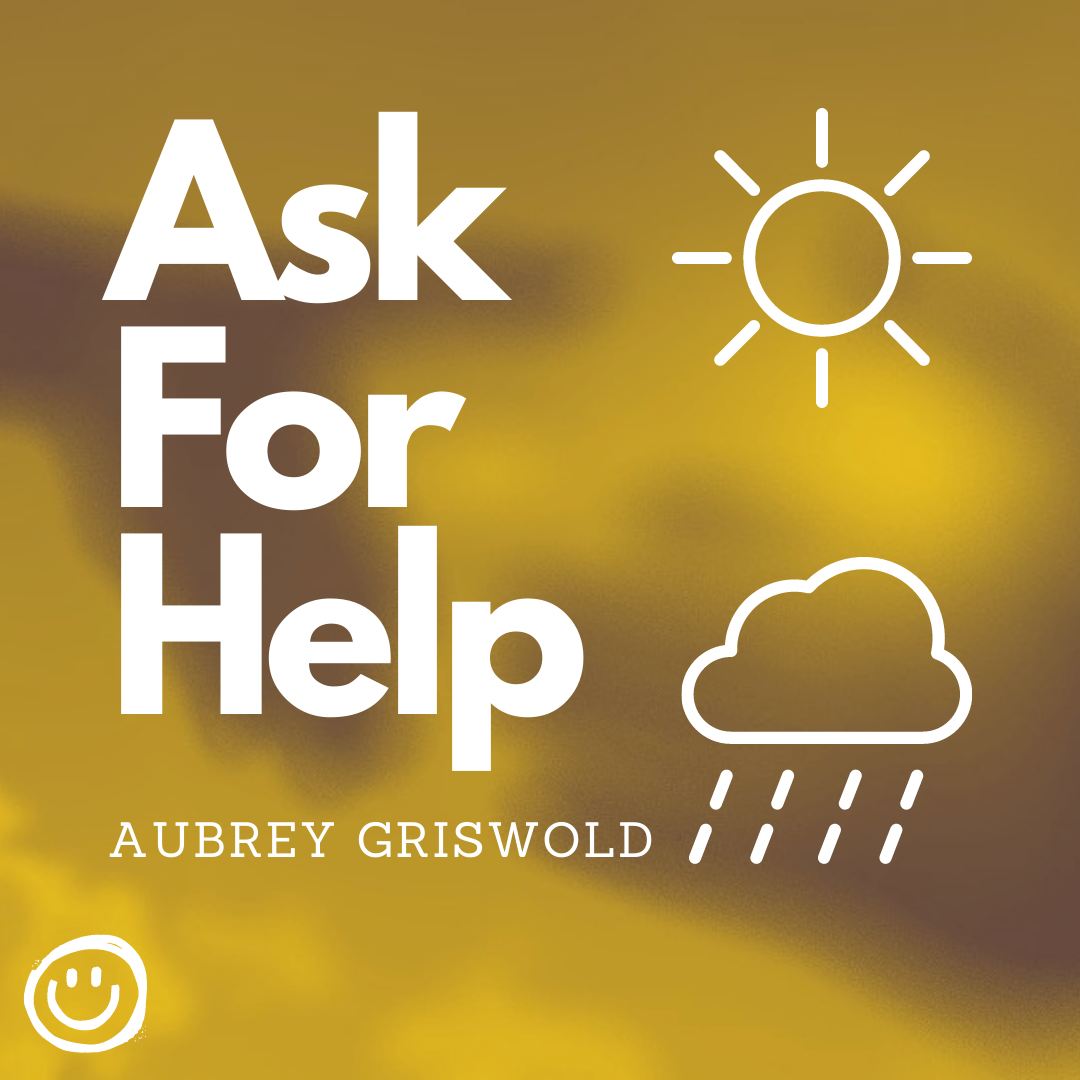
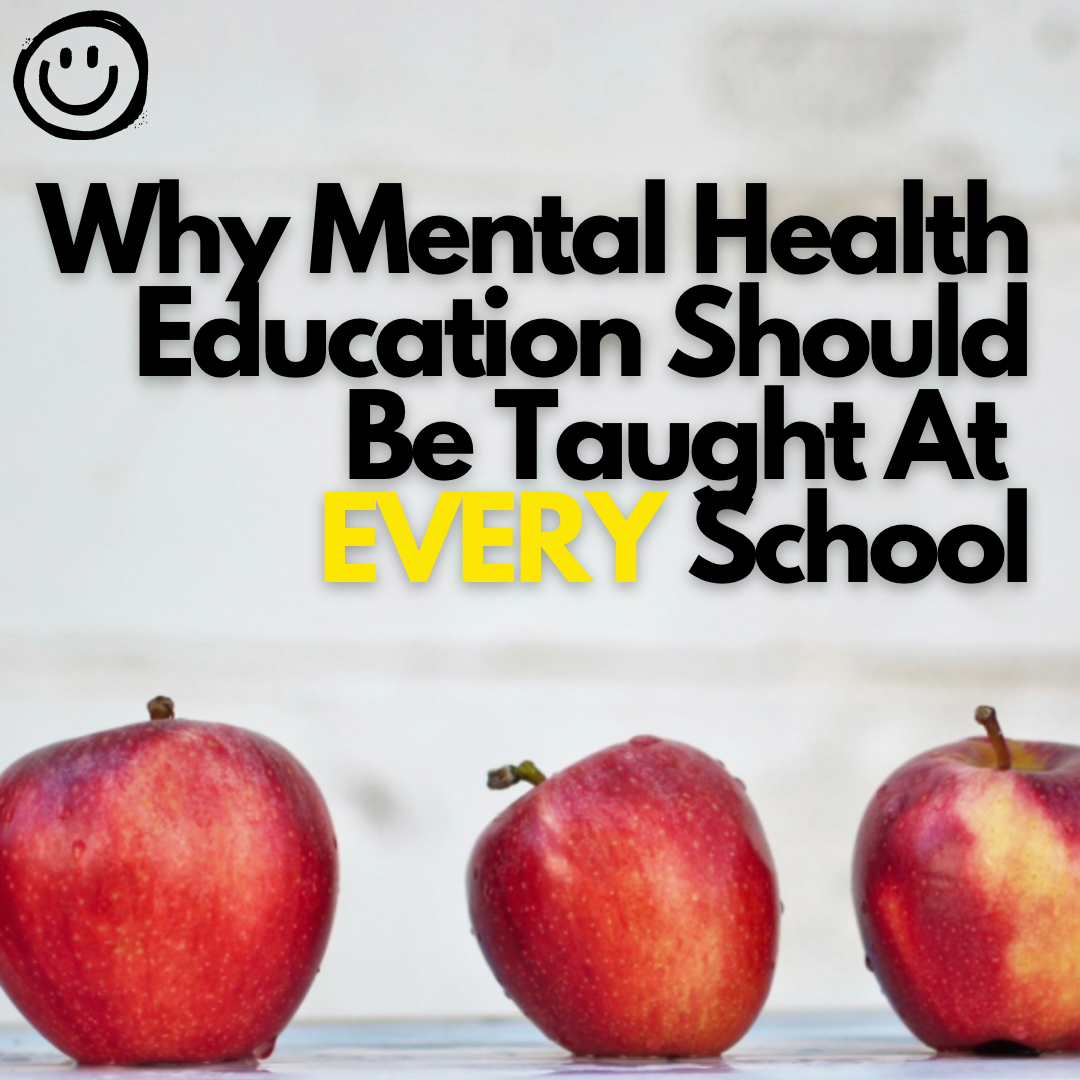
Why Mental Health Education Should Be Taught At EVERY School
According to statistics, 48.6% of adolescents may experience a mental health crisis. Additionally, 60-70% of children and teens get no help with their mental health problems at a sufficiently early age.
Mental health issues are becoming more common in children and adolescents in the US. Thus children and adolescents should learn about mental health in school. Here are a few reasons mental health awareness should be a priority in every school.

What is SEL and Why Should Every Parent Support It?
Most parents of teenagers have probably heard the term Social Emotional Learning (SEL) at some point in your journey with your son and daughter through school. Though not a new theory, not originally called SEL, but was the topic of an extensive medical study at Yale University in the 1960’s researching "the contrast between a child's experiences at home and those in school deeply affects the child's psychosocial development and that this in turn shapes academic achievement."

Mental Illness Myths
Despite increased focus on the importance of mental health, many myths still exist about what mental illness is and what it looks like.


4 Things to Say to a Grieving Friend
When a loved one is grieving a death, often its difficult to know what to say or do. A pretty normal response is to just say nothing at all out of fear to say the wrong thing. But saying nothing can often reinforce the isolation that accompanies grieving.

Relaxation Skills for Teens
Studies show today’s teens suffer more from anxiety and stress than any American generation before them. Think about that. That’s a lot to say considering American teens survived world wars, the depression and such. Therefore, relaxation skills for teens are essential.
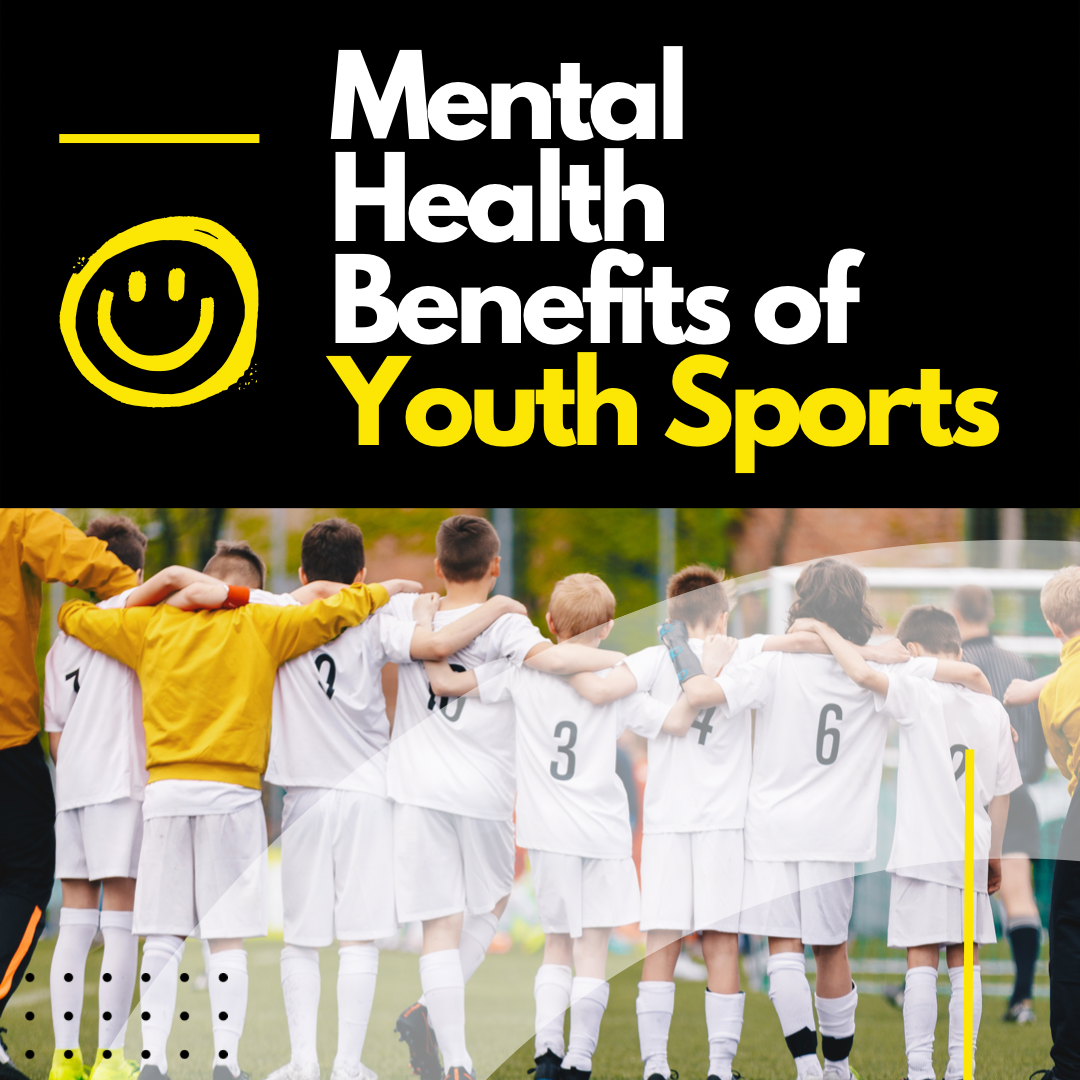
Mental Health Benefits of Youth Sports
Youth sports can have a significant positive impact on their well-being. Not only do sports reduce stress, they also give teens ways to bond and practice collaboration, while reaping the physical and mental health benefits of exercising. Sports can boost self-esteem, build teamwork skills, and help young people build a close community of peers and supportive adults, of the most important resource for anyone with a mental health condition .

stig·ma / ˈstiɡmə /
Stigma is everywhere: the bus, radio, TV, or on the internet. With the growing nature of anonymity online and people feeling they’d be “too sensitive” to call others out, it may seem difficult to be able to dissect what can be contributing to the overall general “stigma” of said topics.
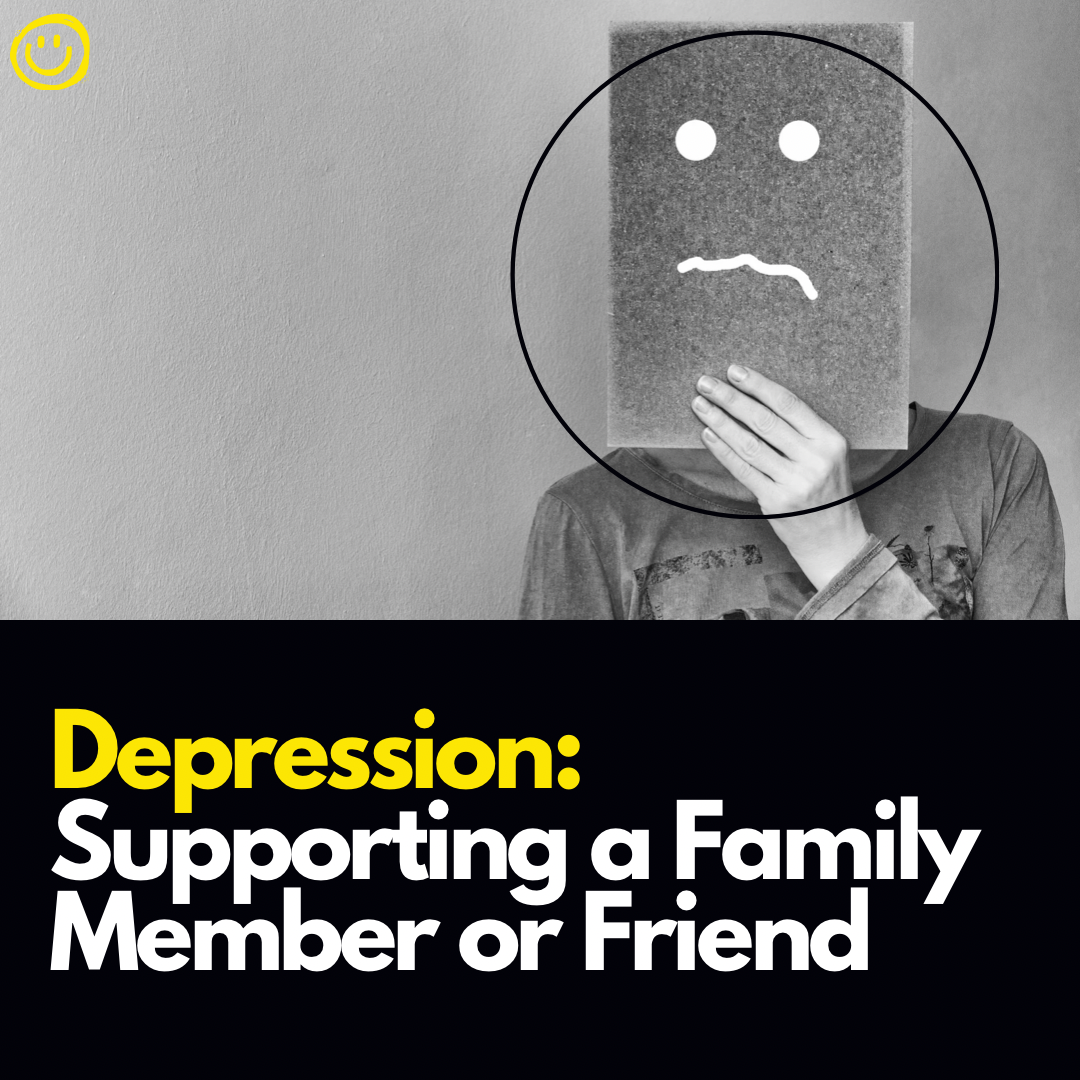
Depression: Supporting a Family Member or Friend
Helping someone with depression can be a challenge. If someone in your life has depression, you may feel helpless and wonder what to do. Learn how to offer support and understanding and how to help your loved one get the resources to cope with depression. Here's what you can do.
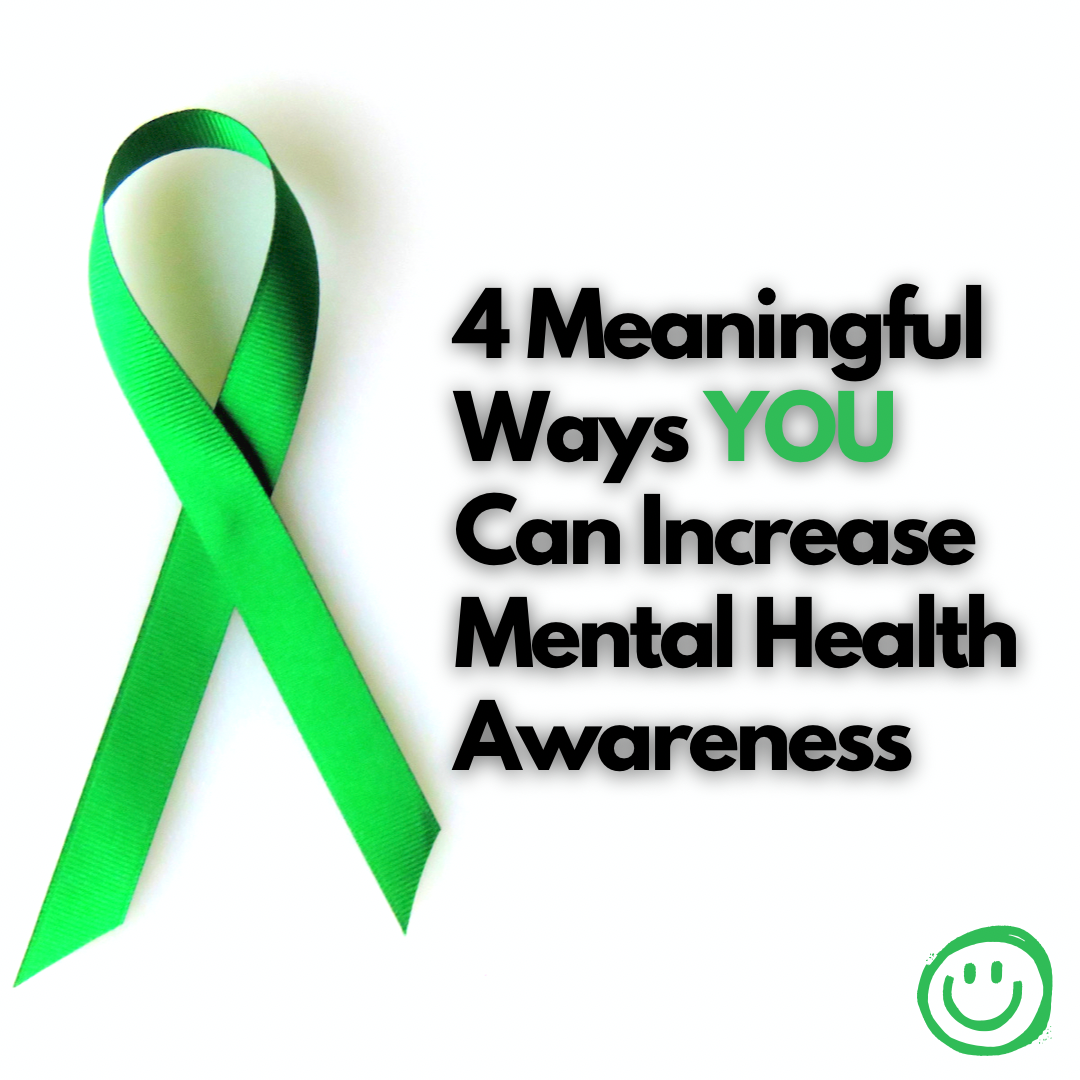

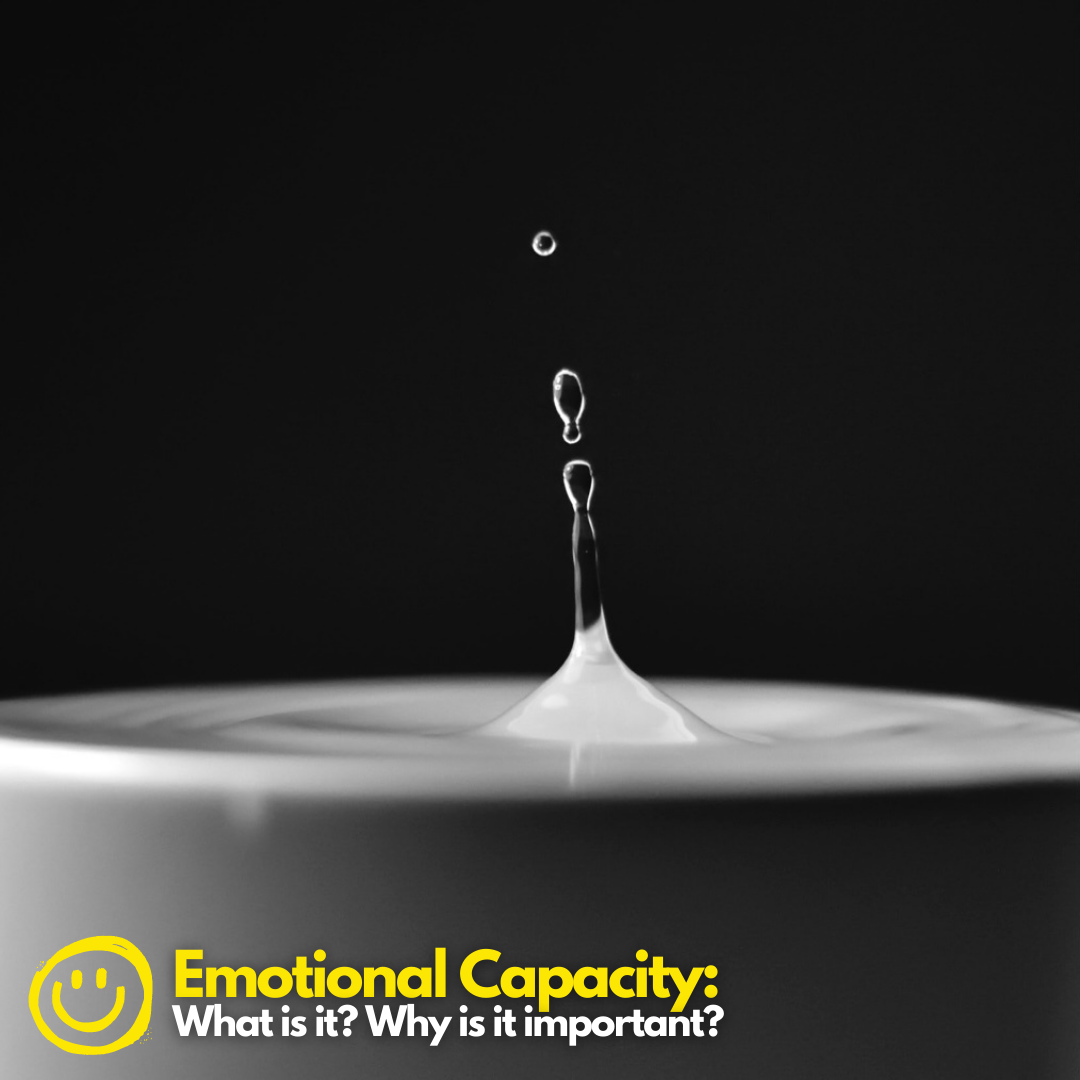
Emotional Capacity: What is it? Why is it Important?
We all have a different capacity for stress and our own emotional capacity will change over time. However, what is important is how we manage our stress levels to prevent ever reaching full emotional capacity.

10 WAYS TO REDUCE STRESS
At your wits end? Cant take it anymore? Under the pressure? All of us experience stress. What do you do to relieve the stress? Here are 10 things our team came up with to reduce stress so you can enjoy your awesome life! Let us know what you do?

Supporting Someone Grieving a Suicide
If one of our friends, family members, students, or coworkers has been grieving a suicide, we might be unsure of how we can best support them. Helping a friend through grief is hard, and often we’ll keep coming back to the thought: ‘I don’t know what to say or do’. We want to offer you a few steps you can take to be a friend and a support:

Hard Questions Young People Ask
When young people ask hard questions surrounding mental health, we might not know how to answer them all. Here are some examples of difficult questions I’ve been asked with some brief answers. Hopefully, the next time a young person asks us a similar thing, we’ll have a head-start on thinking of an answer.

When People Tell You How They Feel, Believe Them
Telling someone how we feel can be daunting. Getting to a place where we feel able to speak to someone can take an awful lot of courage. It’s so important that when we do share, we’re believed.
Breaking the Stigma
The Hayden Hurst Story
Make a donation.
It is estimated that 48.6% of students between the ages of 10-24 experience a mental health crisis. It is additionally estimated that 60% of these effected go uncared for in anyway. It is our belief that this happens when the natural result of mental illness or crisis is isolation, because it is misunderstood or stigmatized. The second leading cause of death in this age group is suicide and it is actually the number one cause of death among 14 & 15 year old American teens.
If you don’t quit you win is led by successful professionals who are willing to share their compelling stories and experiences helping these champions believe that Mental Illness does not mean you can not be successful in every area of your life.
Your generous support allows us to fulfill our 4 step process:
Motivating young people through school assemblies and seminars
Mentoring young people through weekly phone calls with our approved mentors and monthly online huddles with other young people of similar interests facing the same challenges. Monitored and led by one of our adult coaches.
Partnering with parents to support family plans and strategies to build champion successful young people with or without mental illness.
Resourcing School Administrators, Teachers and Coaches with seminars on how to support and motivate this large demographic as well as weekly support materials.


